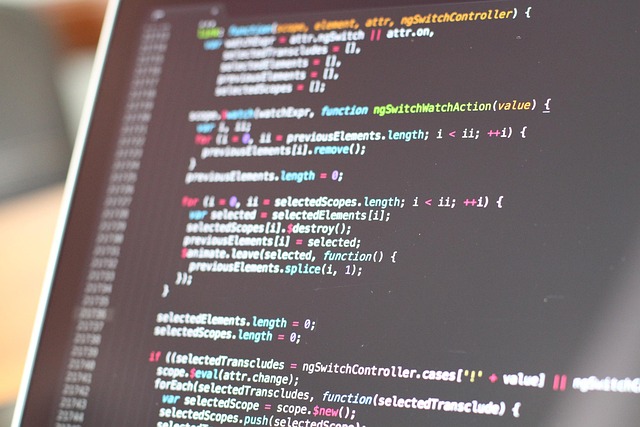
“The Essential Role of Interpreters in Coding: Simplifying Complex Language Translation”
In the ever-evolving world of coding, where programming languages abound and complexities often arise, the role of an interpreter becomes crucial. An interpreter is not merely a tool; it is the bridge that connects the intricate world of human language to the precise, logical realm of code, ensuring that intentions are seamlessly conveyed and understood.
Imagine sitting down to write code. The excitement of creating something from scratch is palpable. However, that excitement can quickly turn into frustration when faced with syntax errors or bugs that seem to appear out of nowhere. This is where interpreters shine. By taking human-readable code and translating it into machine language, interpreters allow coders to focus on what they do best—creating and innovating.
With programming languages like Python, JavaScript, and Ruby, the flexibility of interpreters means that developers can write code that is easy to read and maintain, without the need for compiling every single change. This dynamic process fosters a more interactive approach to coding, enabling developers to see results in real-time as they iterate on their projects. The interpreter stands as an invaluable companion in this journey, ensuring that complex expressions are simplified and executable.
The beauty of interpreters lies in their ability to simplify complex language translation. They parse the high-level programming languages that are often laden with syntax quirks and semantic subtleties, transforming them into a language that computers can execute. This transformation not only makes programming more accessible to novices but also encourages seasoned developers to experiment and push the boundaries of their creativity.
Consider the impact of this simplification in collaborative environments. Teams of coders, each with their unique approach and background, can come together and communicate their ideas effectively through interpreters. Whether it’s debugging code or brainstorming new features, the interpreter acts as a universal translator, harmonizing different coding styles and ensuring that everyone is on the same page.
Furthermore, the role of the interpreter transcends mere function; it embodies the spirit of collaboration and inclusivity in the coding community. As new languages emerge and evolve, the principles of interpretation adapt, making coding a constantly stimulating challenge. Developers are not just consumers of existing knowledge, but active participants in shaping a shared future.
In an age where technology is intertwined with every aspect of our lives, understanding the essential role of interpreters is becoming increasingly vital. They not only help coders overcome language barriers but also empower them to think differently and embrace new paradigms in programming. The journey through the world of coding can be challenging, but with the aid of an interpreter, that journey becomes much more navigable, allowing creativity to flourish.



